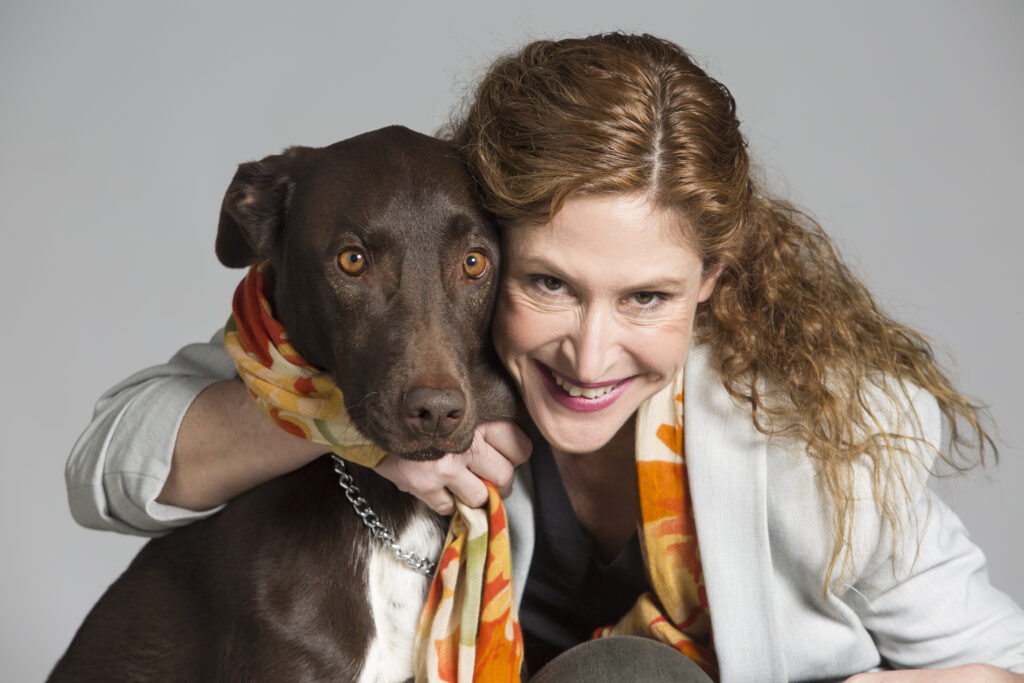An Exclusive Feature with G1 Magazine
What inspired you to enter the biotech industry, specifically focusing on health and wellness through advanced therapies?
When I was about eleven or twelve, my mother took me to work with her during what I thought was a summer job. Looking back, I suspect she just wanted to keep me busy, possibly even paying me out of her pocket. Regardless, I felt incredibly responsible and proud of my new “career.”
My mother worked as an X-ray technician, and my job was to develop the X-ray films. I was fascinated by the process—how my mother could capture an image of something entirely hidden and reveal an invisible world. I spent weeks imagining the people and animals around me as skeletons, pondering the endless layers hidden within us that could only be seen through this mysterious technology. When my mother explained how these images were used to heal broken bones, it clicked for me: technology wasn’t just about seeing—it was about healing.
Over the decades, we’ve made astounding progress in understanding the language of our cells. Technologies like CRISPR, mRNA, and AI have enabled us to read, interpret, and even “speak” to our cells. This journey into cellular understanding is both deeply scientific and profoundly personal—it’s about unlocking hidden layers within ourselves to heal and transform lives.

Orgenesis aims to make cutting-edge cell and gene therapies accessible and affordable. How does this mission align with your personal values in health and wellness?
I have always been drawn to science—biology, physics, mathematics—and studied biomedical engineering, where I became fascinated with how technology interacts with biology. Biotech, to me, is a dialogue with life itself—a chance to interact with the complexity and beauty of the living world.
Our cells are a language unto themselves. They store and process information in ways far beyond our most advanced technologies. When we use biotechnology to engage with this cellular language—bringing health and prosperity to individuals—we align with the “dance of life.” It’s about contributing as a “healthy cell” in the greater body of society, living out our purpose as unique units of life.
At Orgenesis, our mission is to ensure that these advanced therapies are accessible to everyone, breaking barriers of cost and complexity. This reflects not just our scientific goals but our deeper belief in a fairer, healthier world.
The POCare Platform plays a critical role in making therapies more accessible. Could you explain its unique approach to decentralizing healthcare and improving patient outcomes?
Today’s advancements in science enable us to reprogram and engineer our own cells, revolutionizing medicine. However, traditional biotech relies on centralized manufacturing, which is both costly and logistically challenging—particularly for highly personalized therapies like CAR-T cell treatments for cancer.
At Orgenesis, we recognized the need for a shift. Over the past four years, we’ve developed the POCare Platform, which decentralizes cell and gene therapy production. By creating advanced engineering units that can be placed near hospitals and clinics, we eliminate the need for massive facilities and costly logistics. This approach reduces costs, accelerates production, and improves accessibility for patients worldwide.
The POCare Platform isn’t just about making therapies—it’s about reshaping how they’re delivered. By decentralizing healthcare, we’re bringing life-saving treatments closer to those who need them, making advanced therapies a reality for all.
Many chronic health conditions could benefit from cell and gene therapies. Which areas of wellness or chronic disease management are you most excited to see benefit from Orgenesis’s work?
Our primary focus at the moment is cancer and autoimmune disease as well as specific cases of Diabetes, we also have products addressing orthopaedic conditions, future areas of interest include products addressing neurological damage as well as blood disorders, and further expansion of our diabetic pipeline. These are all areas where there is tremendous scientific progress utilising cell and gene therapy but the cost of products is still extremely high and there is need for further development.
How does Orgenesis approach preventive healthcare? Do you foresee a future where cell and gene therapies are used not only for treatment but also as preventive health measures?
Aging and stress weaken our immune system over time, making us more susceptible to conditions like cancer and autoimmune diseases. By programming immune cells, we can potentially prevent these conditions before they take hold.
The future of preventive healthcare lies in reprogramming our cells to maintain resilience as we age. Imagine a world where personalized therapies strengthen our immune systems, combat infections, and even rejuvenate our cells. This vision is not far off, and Orgenesis is working to make it a reality.


Looking forward, how do you envision Orgenesis contributing to a future where advanced therapies support a more holistic view of health and wellness?
Our cells are like a universe, each one carrying a holographic map of who we are. They are the foundation of our well-being, working in harmony to sustain us.
At Orgenesis, we believe that the health of society mirrors the health of the individual. Our mission to make cell and gene therapies affordable and accessible is about ensuring that no one is left behind. Advanced therapies must be for everyone—not just a select few.
Outside of work, how do you prioritize your own health and wellness? Are there any practices or routines that help you stay balanced and energized?
I focus on maintaining physical and emotional health through meditation, yoga, and gratitude. I respect my body by eating a healthy diet, exercising regularly, and minimizing stress.
While I travel frequently for work, I strive to get enough rest and maintain balance. Emotional resilience is key, and I’m fortunate to have a supportive team that shares my passion for our mission.
Like our cells, each of us has a unique role in the greater system. My purpose is to use my capabilities to contribute to society, and that sense of meaning drives me every day.












Leave a comment